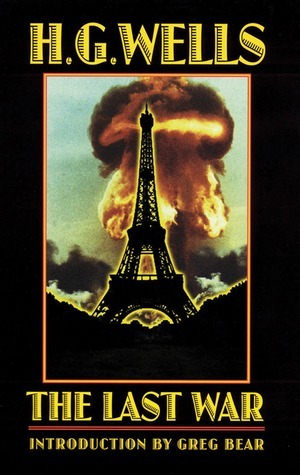
Ape and Essence
Book Description
In a world devastated by nuclear war, humanity grapples with a chilling new reality where primal instincts collide with the remnants of civilization. As factions emerge from the ashes, love, betrayal, and the struggle for survival entwine in a haunting dance within the ruins of Los Angeles. Here, an eccentric blend of the grotesque and the sacred unfolds, raising questions about the heart of human nature. Will the fire of rebellion ignite hope, or will the dark shadows of the past suffocate any chance of redemption? Dive into this electrifying tale and discover what truly lies at the edge of existence.
Quick Book Summary
Aldous Huxley's "Ape and Essence" unravels a nightmarish vision of humanity in the aftermath of World War III, where civilization has been obliterated by nuclear fire. The story is framed as a screenplay discovered by two Hollywood writers. Its narrative follows Dr. Alfred Poole, a botanist from New Zealand, as he explores a post-apocalyptic Los Angeles ruled by superstition, totalitarian control, and ritualized violence. Huxley’s novel scrutinizes how humanity devolves into primitive and savage behaviors when stripped of societal restraints, blending dark satire and philosophical insight. The journey through this bleak landscape exposes the enduring human capacity for love and compassion amidst pervasive cruelty and despair. "Ape and Essence" is a scathing critique of technological advancements divorced from morality, questioning the very core and fate of human nature.
Summary of Key Ideas
Table of Contents
The Collapse of Civilization and Rise of Primitivism
Huxley’s "Ape and Essence" opens with a pair of film industry professionals discovering a mysterious screenplay among the rejected scripts sent to a Hollywood studio. The screenplay itself becomes the core narrative, depicting a grim post-apocalyptic world where Los Angeles lies in ruins after a global nuclear war. This framing device introduces the idea that art and storytelling can reflect, criticize, and potentially warn society about its self-destructive tendencies. The desolate setting, scattered with relics of lost civilization, offers a backdrop against which fundamental human questions are explored, lending the novel a sense of tragic irony.
The Abuse of Power and Totalitarian Control
The core story follows Dr. Alfred Poole, who arrives with a scientific team from New Zealand—one of the few places spared from total destruction. Poole and his companions encounter a dystopian society ruled by a tyrannical regime known as the Arch-Vicar and his priests, who enforce strict rules and carry out ritualistic purges. Most chillingly, procreation is limited to the strong, while babies born with deformities—a result of radiation—are executed. The rituals and laws defy logic and science, revealing how fear and superstition thrive in the absence of rational authority, and how power corrupts utterly in such contexts.
The Persistence of Human Instincts: Love vs. Violence
Exploring the reduced humanity of survivors, Huxley satirizes the ways in which religion and tradition become distorted. The Arch-Vicar’s society worships evil, blaming mankind’s ruin on the worship of Eros, the god of love and desire. The populous obeys brutal rituals, including human sacrifice, to appease the demons they believe cause suffering. Through these institutions, Huxley explores the manipulation of faith for authoritarian ends, underscoring how religion can both unite and enslave. The contrast between grotesque ceremonies and moments of genuine compassion amplifies the perverse resilience of both cruelty and kindness amidst devastation.
Satire of Religion and Ritual
Despite the brutality, instances of kindness and love persist. Dr. Poole’s relationship with Loola, a woman oppressed by the regime, becomes a symbol of hope and resilience. Their budding affection, forged in secrecy and constant danger, stands in stark contrast to the surrounding depravity. Huxley suggests that human instincts are dualistic: the capacity for violence and destruction is ever-present, but so is the potential for empathy, sacrifice, and love. These fragile bonds hint at possible redemption, testing the possibility of rebuilding civilization on better moral foundations.
Dystopian Warnings about Technology and Morality
Ultimately, "Ape and Essence" serves as a scathing indictment of unchecked technological advancement and the loss of moral compass. Huxley’s dystopia is less concerned with plausible futures than with allegorizing humanity’s eternal struggle between reason and brutality. The novel’s paradoxical blend of horror and dark comedy invites readers to reflect on civilization’s fragility, the cyclic nature of history, and the ever-present danger of dehumanization. Through its speculative lens, Huxley urges vigilance, empathy, and a renewed commitment to the values that must anchor any society, even when everything else is lost.
Download This Summary
Get a free PDF of this summary instantly — no email required.





